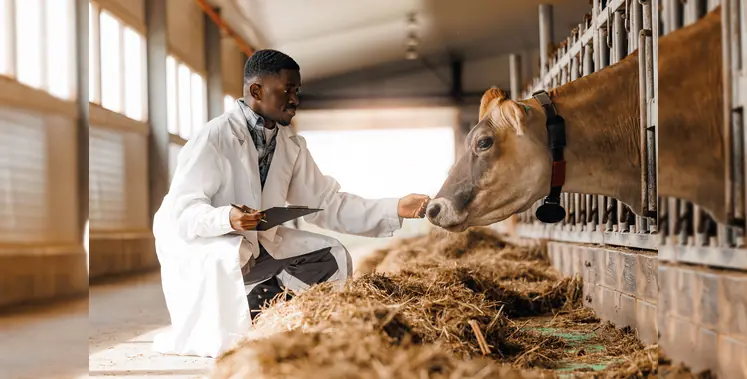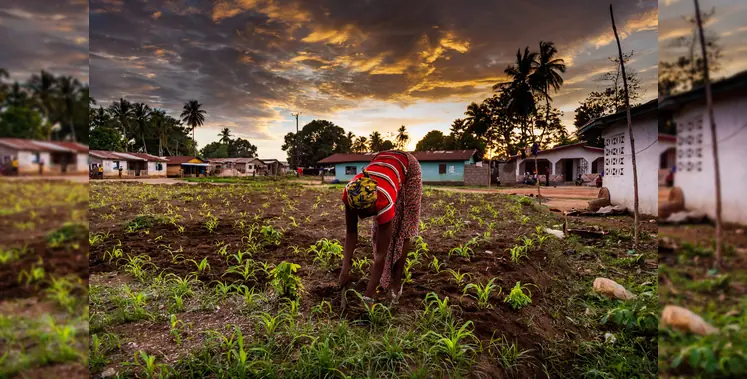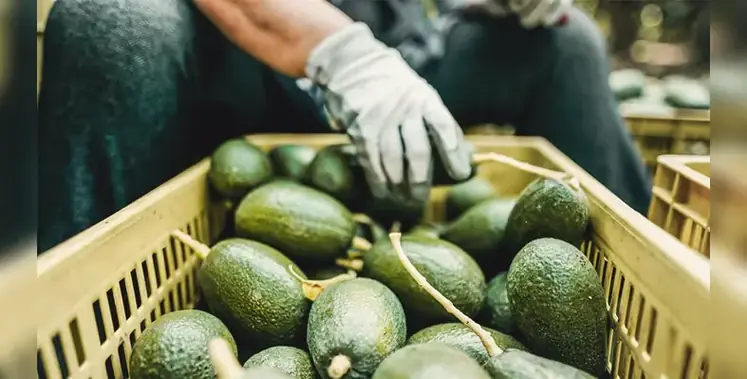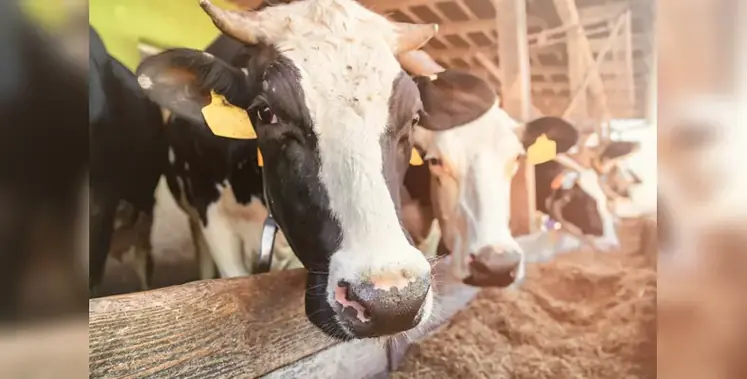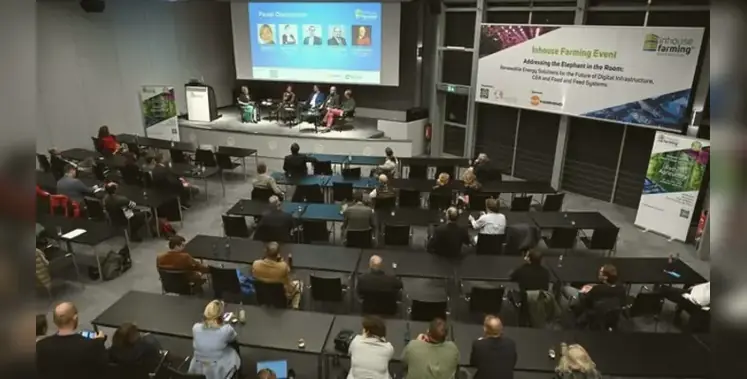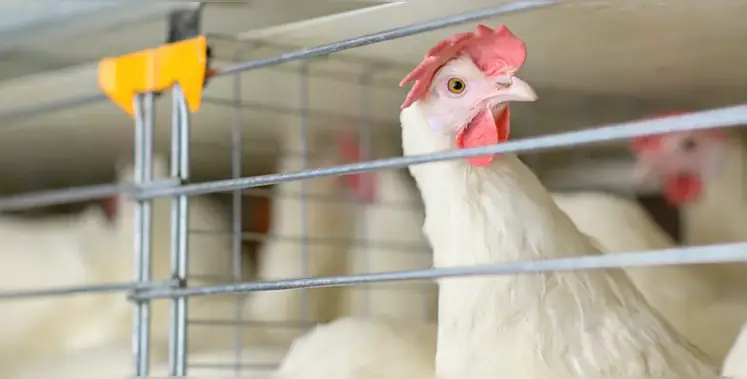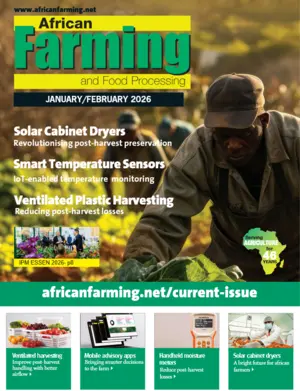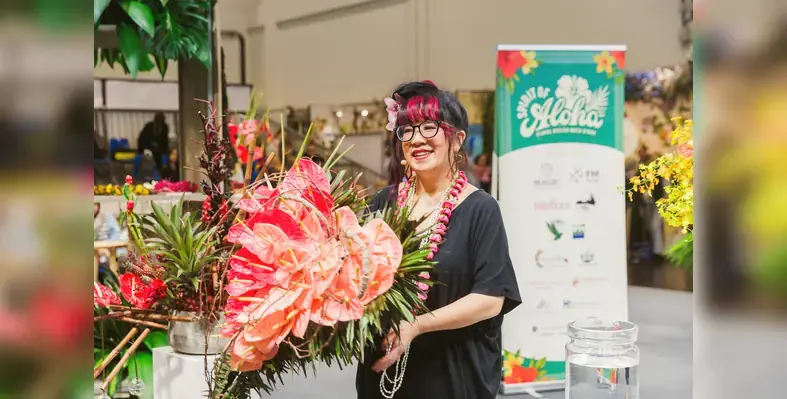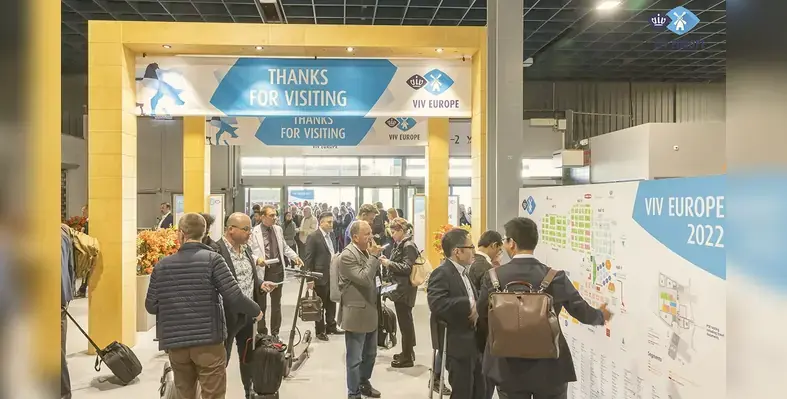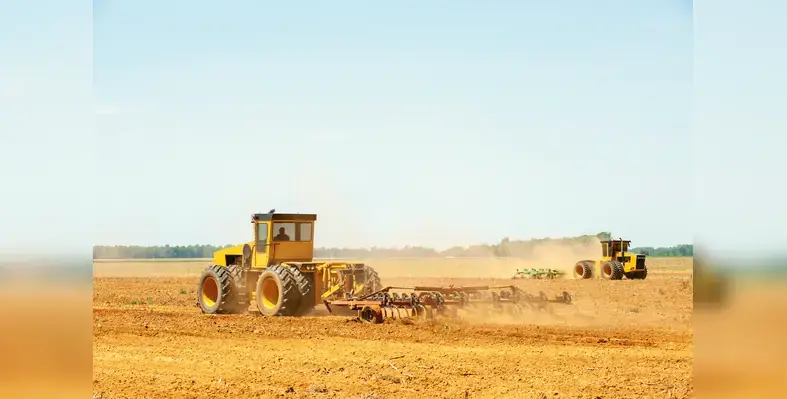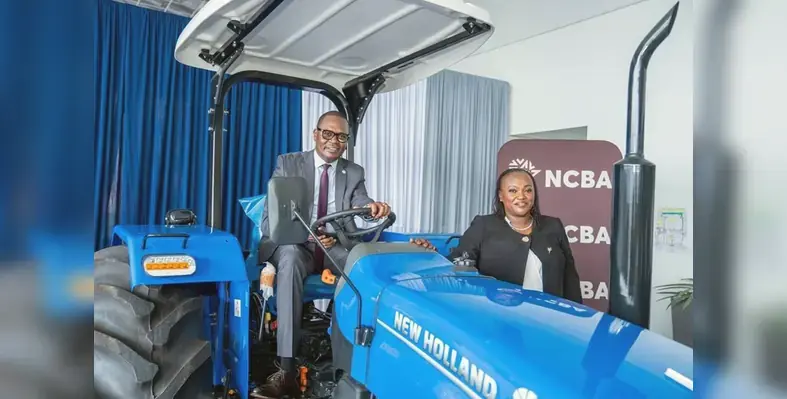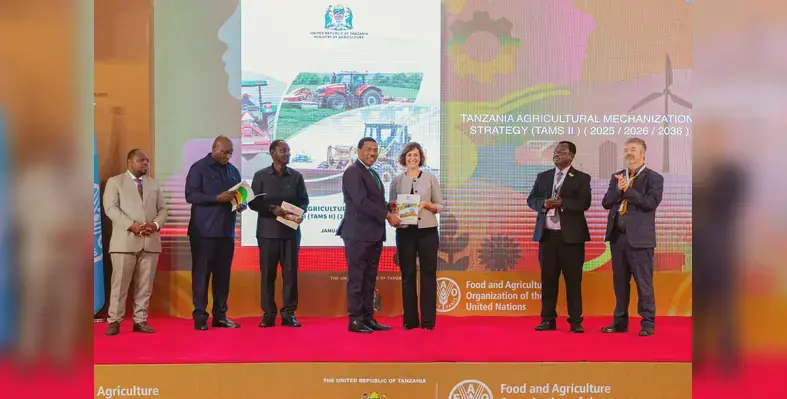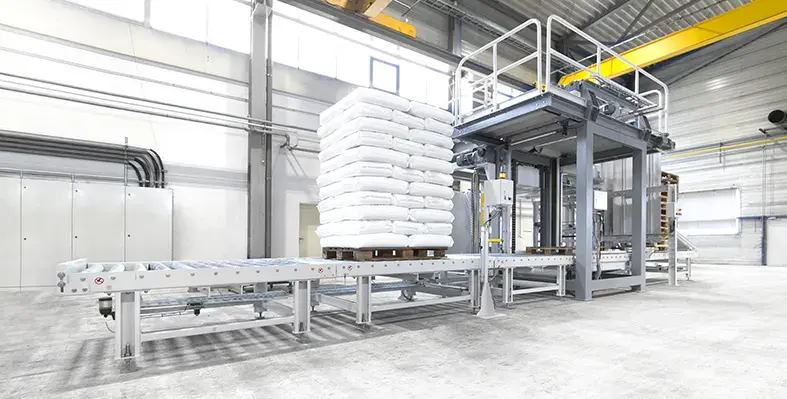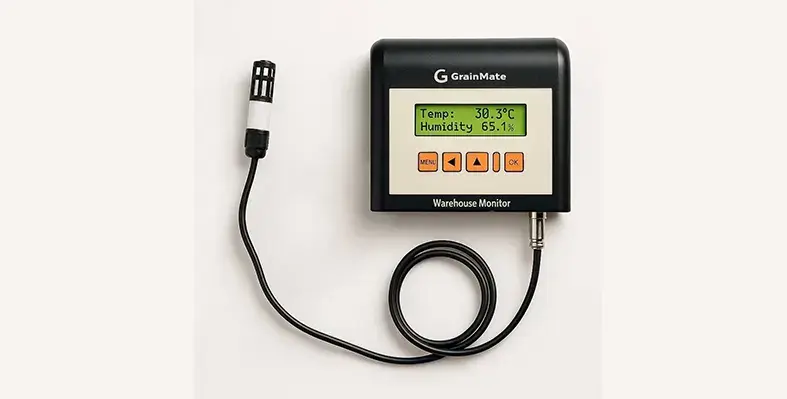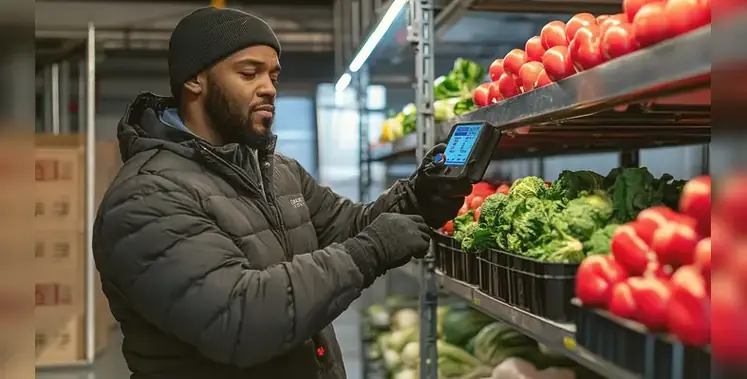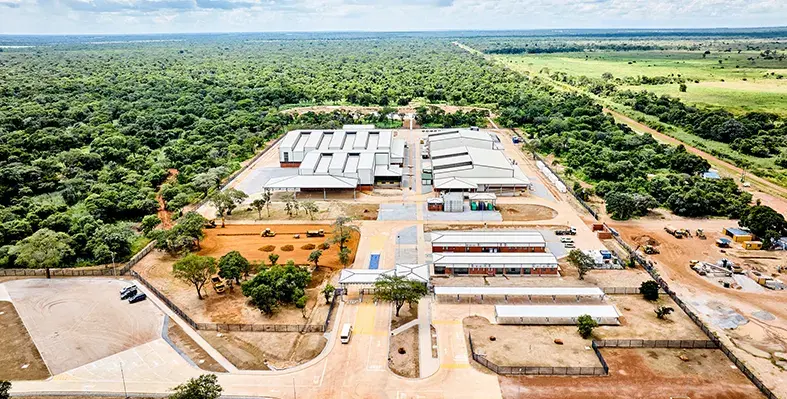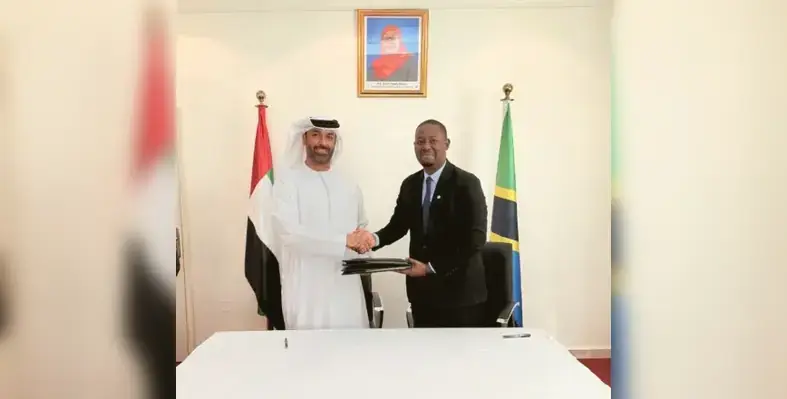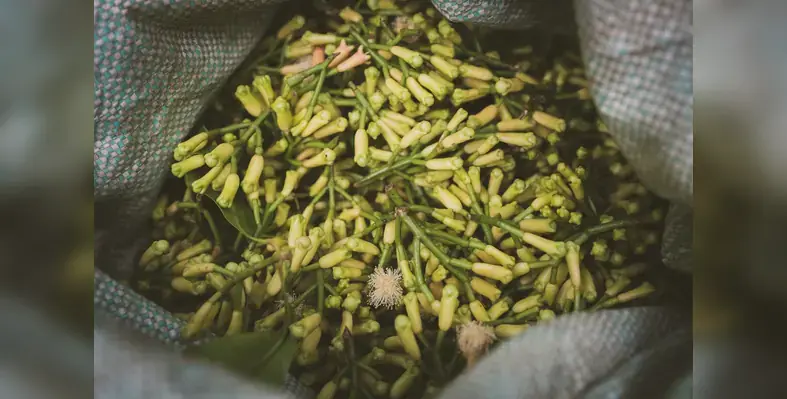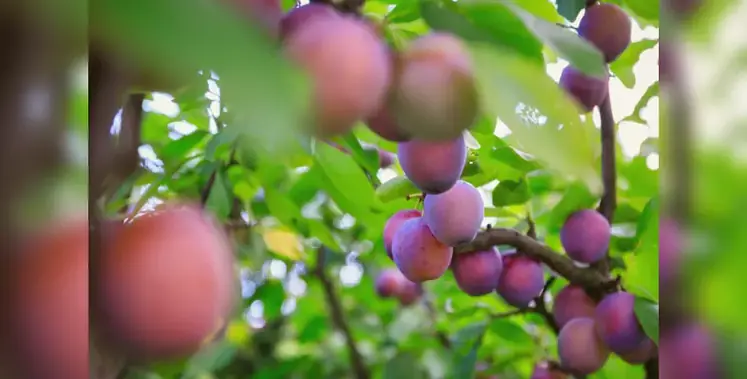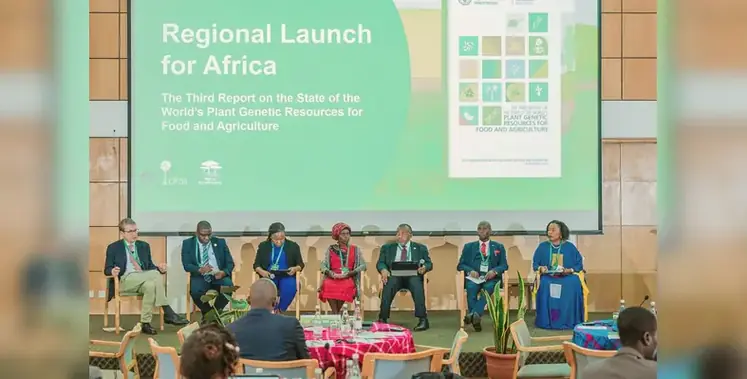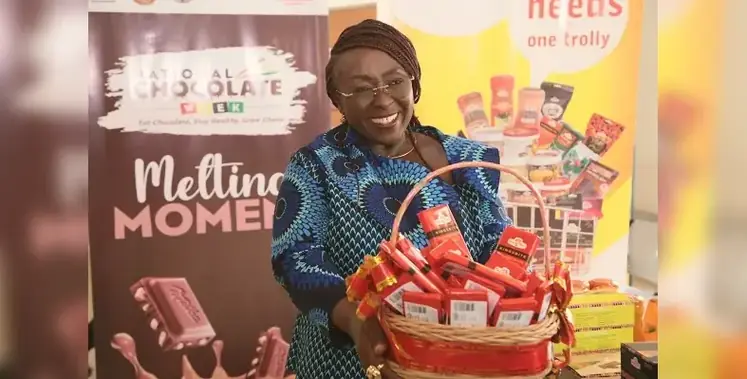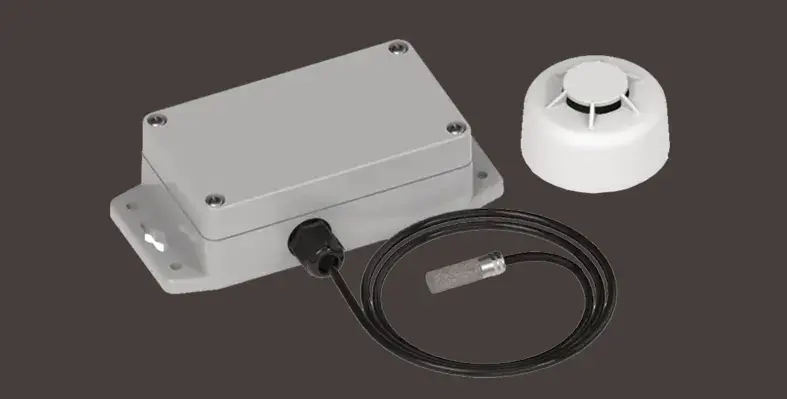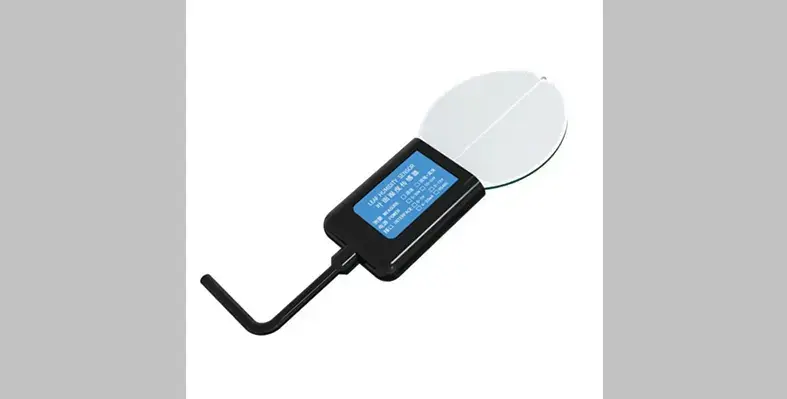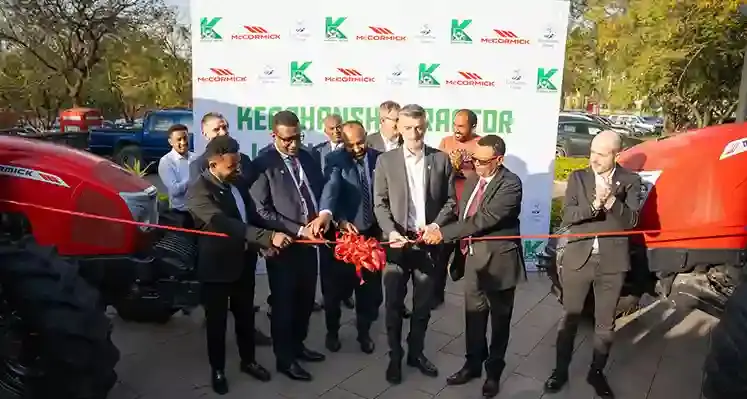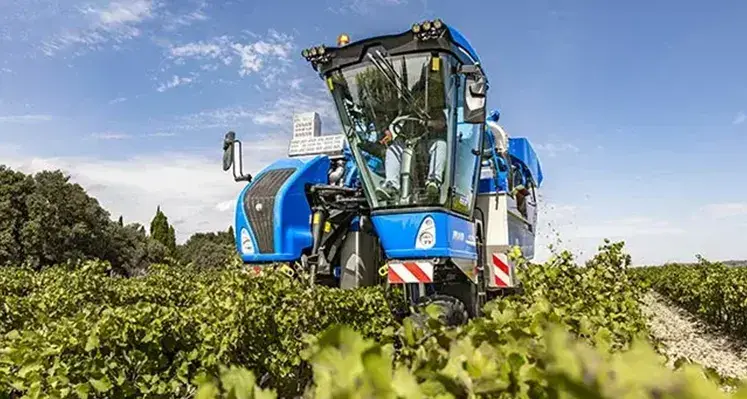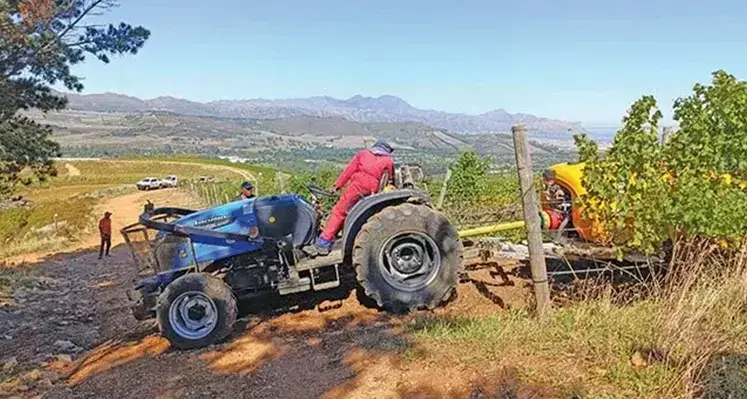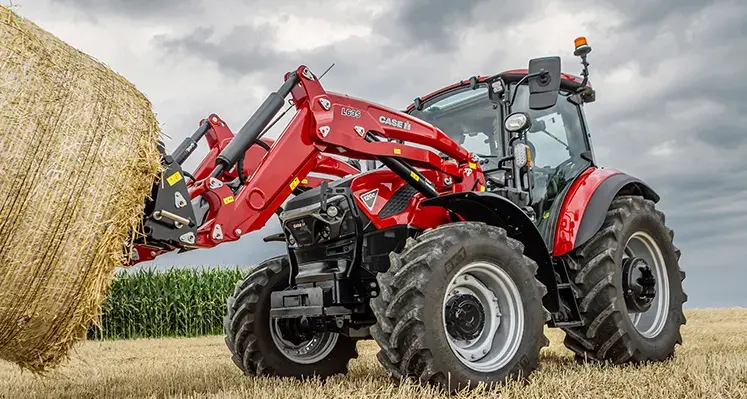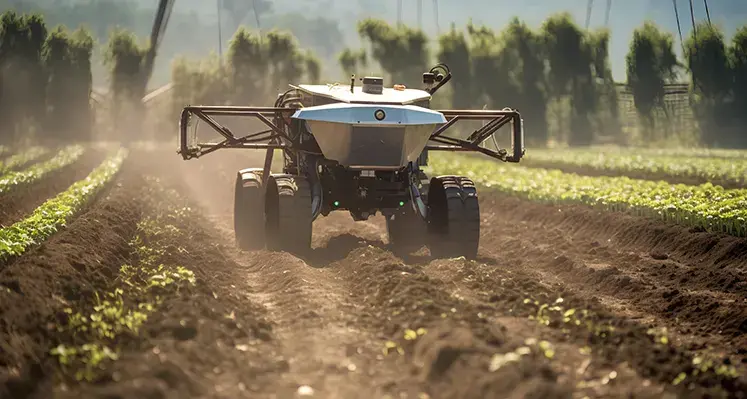According to EatSafe research, pandemic safety measures has been widely adopted in traditional food markets in Bangladesh, Kenya, and Nigeria
In 2015, the WHO reported that more than 400,000 people died annually from food borne diseases. In 2018, the World Bank estimated that food safety costs US$110bn a year in lost productivity through illness and health costs, with sub-Sahara Africa affected the most. But more reliable and current data is required to understand consumer values and perceptions as well as the impact of poor food safety.
The Interview Cruncher was hosted by EatSafe, the five-year research and learning programme sponsored by USAID and led by the Global Alliance for Improved Nutrition (GAIN). It was moderated by Bonnie McClafferty, director, Food Safety and EatSafe at GAIN.
The panel was made up of Mohamed Nasser, regional advisor Food Safety and Quality Assurance, World Food Programme, Dakar/Senegal; Prof Olugbenga Ben Ogunmoyela, executive director, Consumer Advocacy for Food Safety and Nutrition Initiative (CAFSANI); and Priya Prakash, founder and CEO of HealthSetGo and Youth Champion for Act4Food Act4Change.
Bonnie McClafferty, director, EatSafe, said, “The human and financial costs of poor food safety are appalling yet it is being widely ignored. That has to change and we need to take action now to achieve better health outcomes for the 600 million people who each year get sick from unsafe food.”
“We know the pandemic has promoted new food hygiene practices that can have a positive impact on food safety in traditional markets. EatSafe’s research shows that there is a lot more to do. We’re calling on governments and donor groups to provide resources and further research so that evidence-based decisions about food safety measures can be taken to strengthen traditional markets, to ensure safer foods,” continued McClafferty.
Traditional food market vendors apply COVID-19 measures
In parallel to EatSafe’s core mission of engaging consumers to demand food safety, the programme recently expanded efforts to include gathering key data from traditional markets to understand how they have been impacted by COVID-19 through GAIN’s Keeping Food Markets Working programme. EatSafe is interested in what is needed to ensure the availability of affordable, safe, nutritious food during the COVID-19 pandemic. Data was collected from traditional food markets in Nigeria, Kenya, Tanzania, Ethiopia and Bangladesh bi-weekly during the last quarter 2020. Interviews and focus groups are continuing throughout 2021 to learn how consumer behaviour has changed and how resilient the traditional market supply chains are.
“We can build on the fact that safety measures are now a reality in people’s lives. With better surveillance and education regarding food safety measures, consumers getting their foods from traditional markets can help create an enabling environment to start closing the system's gaps and upgrading markets to support the safety of foods,” concluded McClafferty.



